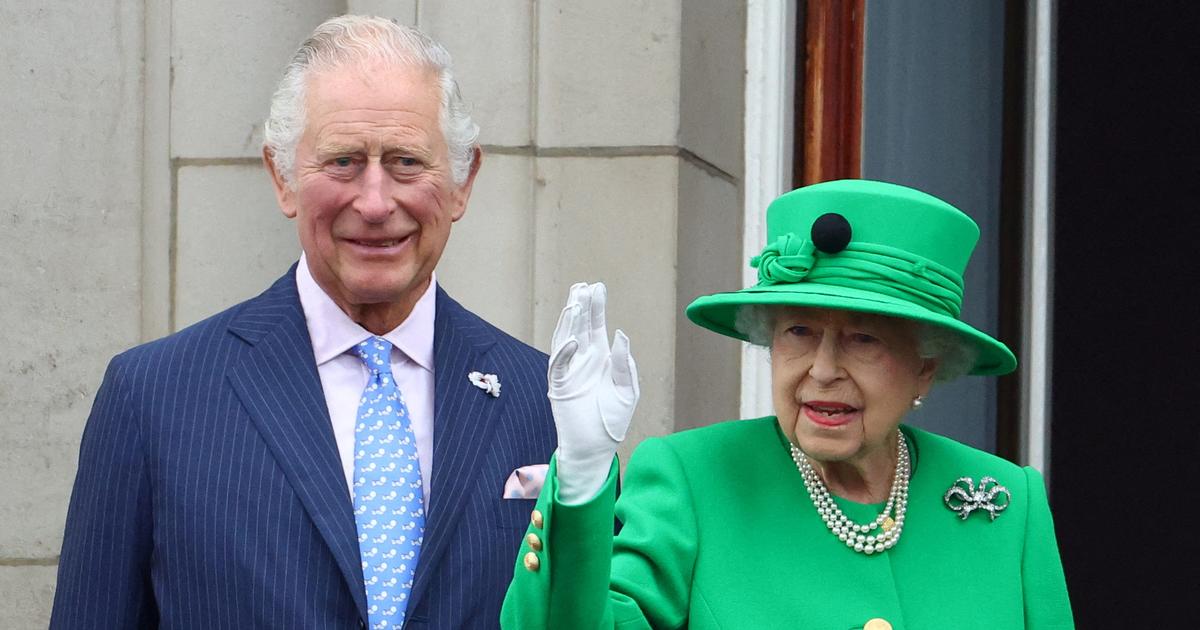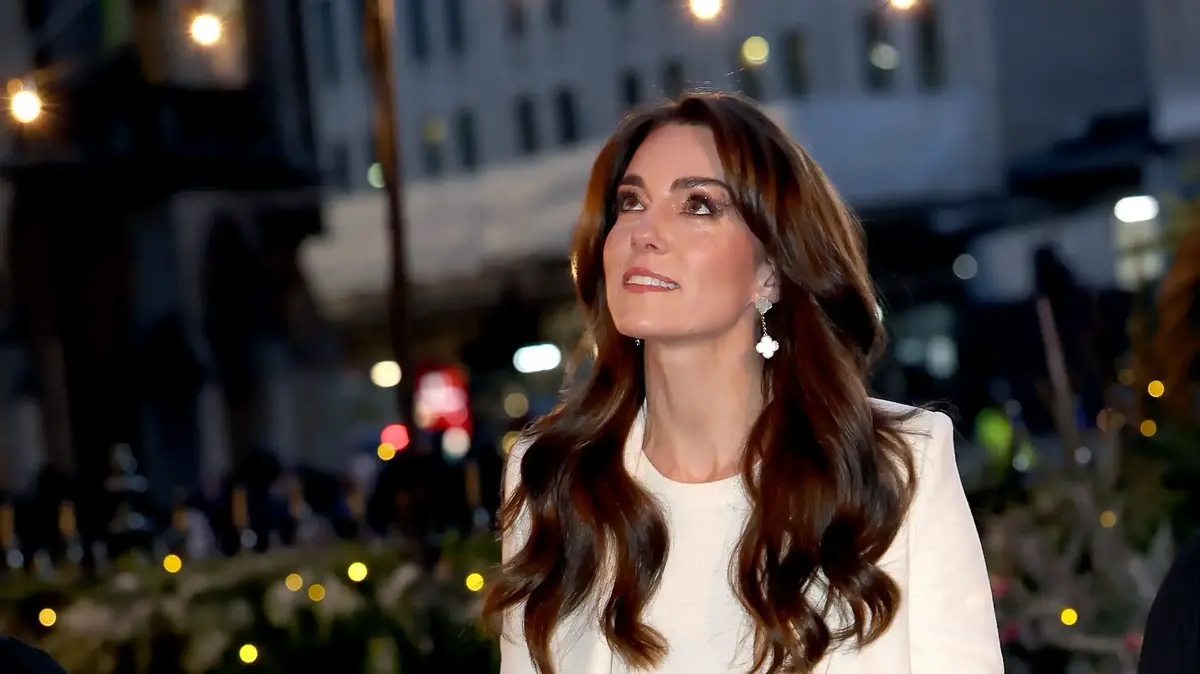Philippe Chassaigne is a professor of contemporary history, specializing in the United Kingdom, at Bordeaux Montaigne University.
LE FIGARO. - After 70 years of reign, Queen Elizabeth II died at the age of 96. What did it represent for the English? The quintessential English myth?
Philippe CHASSAIGNE. -
She embodied national unity, at a time when this had been, since the 1970s, subject to many tensions, with the gradual obtaining of decentralized powers by Scotland, Wales and North Ireland.
That she died in Scotland is – fortuitously, of course – a reminder of the importance she attached to this.
But also, she embodied stability in a Great Britain which experienced increasingly significant changes (loss of the Empire, economic crises, entry then exit from the EEC/EU, etc.).
We can speak of “English myth”, yes, because she embodied a certain vision, undoubtedly backward-looking, of her country, but which reassured her subjects.
Since her accession to the throne, Elizabeth II has always made it a point of honor to refuse the public unpacking of the private sphere. Was he an anachronistic character? Does it partly owe its popularity to a form of “anti-Americanism” and rejection of peopolization?
Indeed, the queen has always held to the old maxim of the monarchy:
“Never complain, never explain”
;
it wasn't in the evolution of the 80s and later, but it helped to reinforce its immutable, or "timeless" character, and therefore reassuring in a way.
When Princess Diana died, the monarchy overcame the crisis when Elizabeth returned to London and showed her unison with the pain of the British.
Philippe Chassaigne
During his reign, the monarchy experienced serious crises and setbacks: the death of Lady Diana in 1997, the Meghan Markle and Harry affair… How to explain that the monarchy was able to stand up?
When Princess Diana died, the monarchy overcame the crisis when Elizabeth returned to London and showed she was in unison with the grief of the British;
she was then able to make the monarchy evolve towards more communication.
The Meghan and Harry affair had less impact, as British opinion did not buy into it.
An “old-fashioned” monarch is hardly imaginable today, even if Charles embodies tradition more than modernity.
Philippe Chassaigne
Charles will thus succeed his mother. Should we expect a transitional reign? How popular is it with the British?
Given his age (74 in November), yes, it will be a transitional reign, which puts the focus on the future reign of William (William V);
he is more respected - for his charitable activities, or his ecological commitment - than loved, because we unconsciously remember the great scandals with his wife in the years 1980-90...
Is an “old-fashioned” king still imaginable in the era of excessive communication and social networks?
This is unlikely, although Charles embodies tradition more than modernity - but he has shown a willingness to change before;
we will have to see.
No doubt his son will be the source of more changes.









